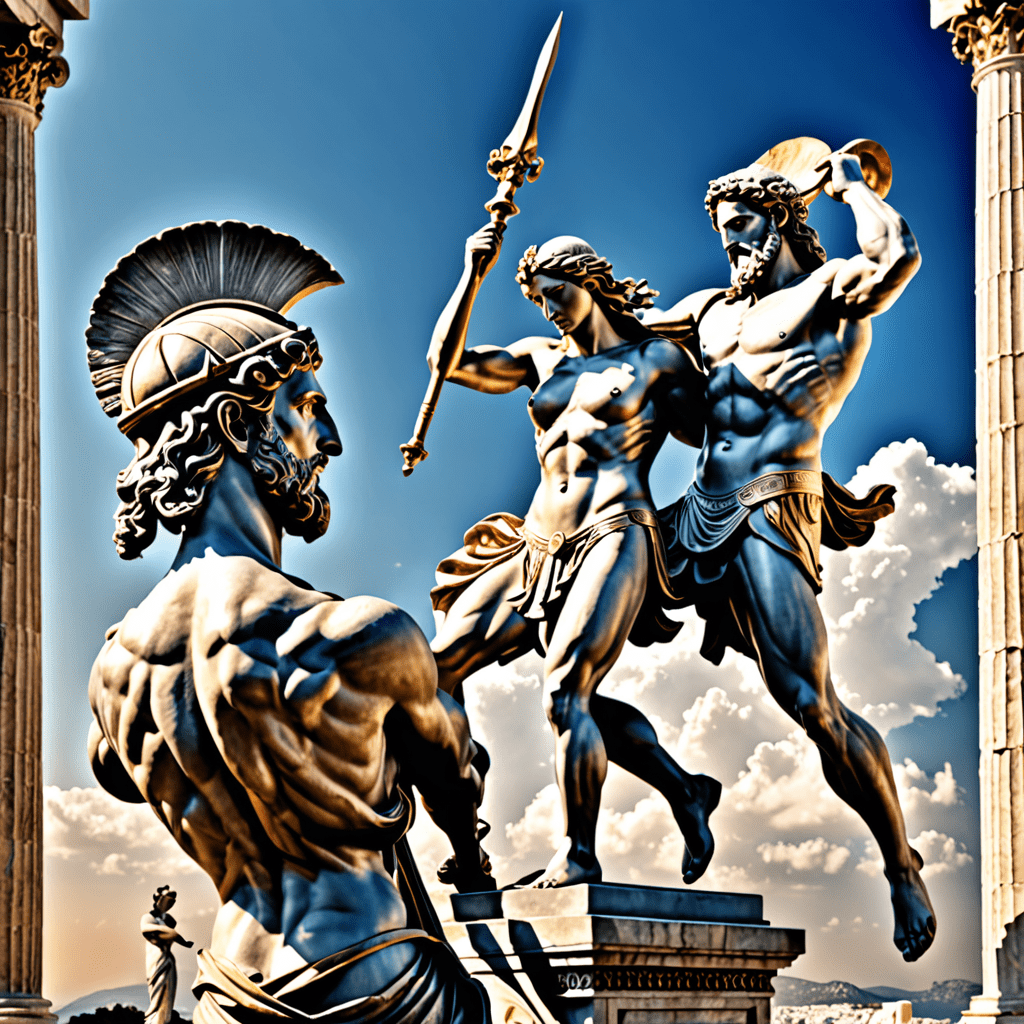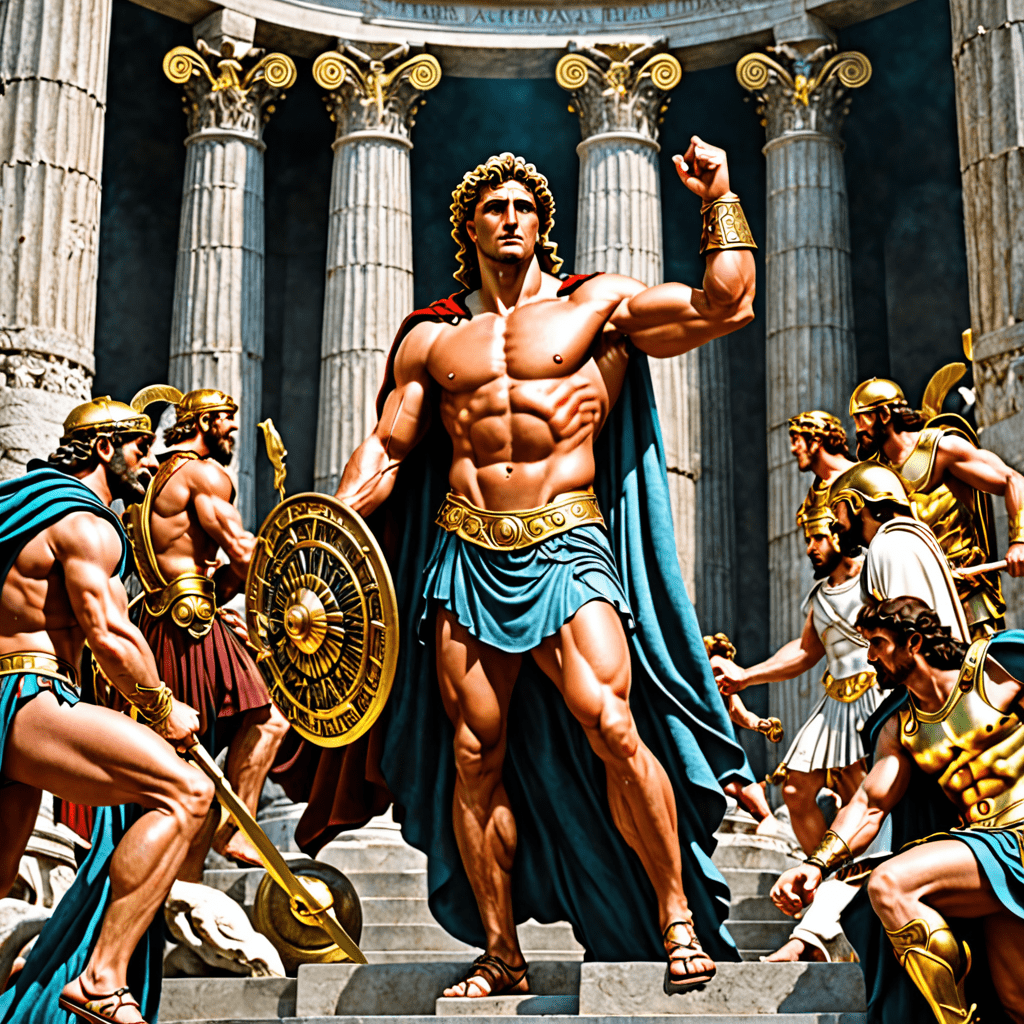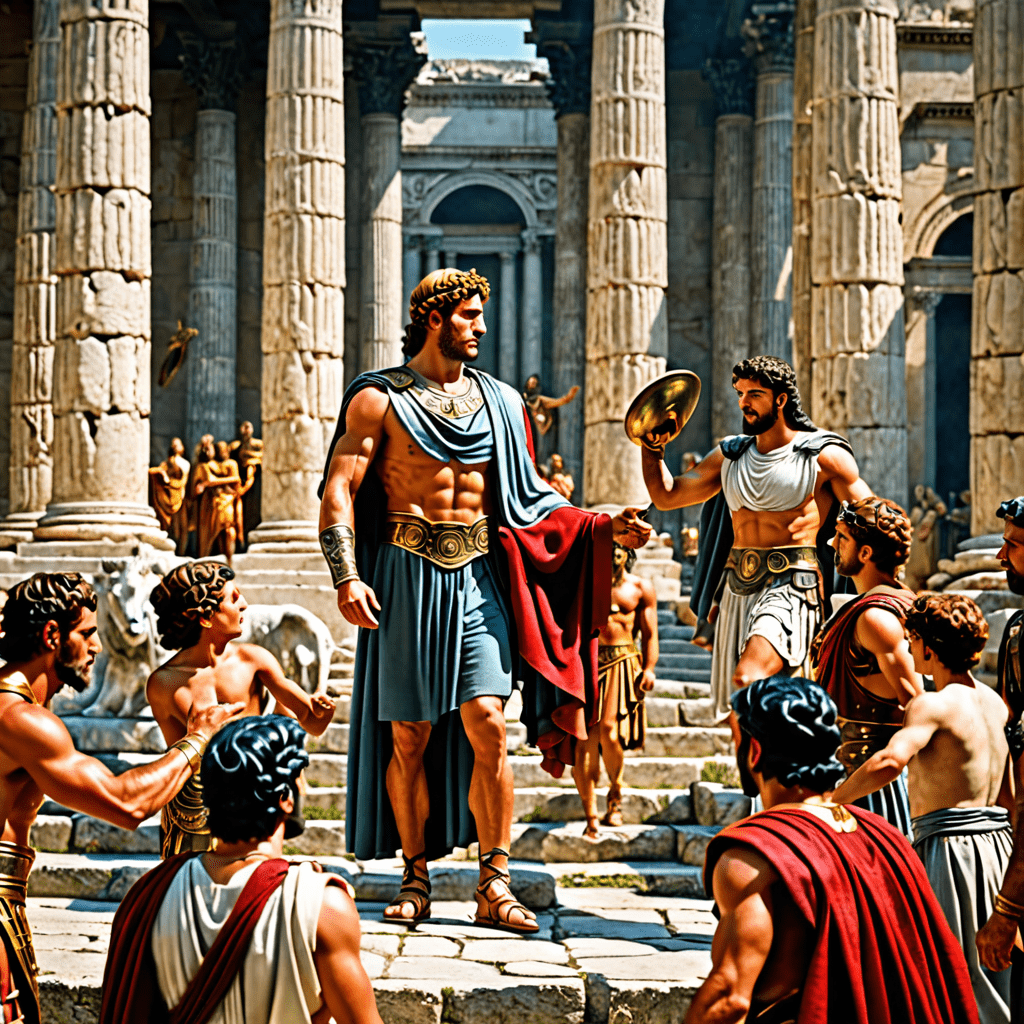Greek Mythology and Philosophy
Welcome to the captivating world of Greek mythology and philosophy. Let’s delve into the rich tapestry of ancient tales and profound wisdom that continue to captivate and inspire people around the world.
The Origins of Greek Mythology
Greek mythology emerged from the beliefs and stories of ancient Greece, shaping the culture and religion of the time. These myths revolved around gods, goddesses, heroes, and epic adventures that sought to explain the mysteries of the world. From the mighty Zeus, ruler of the gods, to heroes like Hercules and Achilles, each character in Greek mythology has its own significance and symbolism.
Key Figures in Greek Mythology
Among the pantheon of Greek gods, Zeus, Poseidon, and Hades stand out as powerful deities each ruling over different aspects of the world. The goddess Athena symbolizes wisdom and strategy, while Aphrodite embodies love and beauty. Heroes such as Perseus, Theseus, and Odysseus undertake incredible quests that showcase bravery, cunning, and resilience.
The Intersection of Greek Mythology and Philosophy
Greek philosophy, on the other hand, was a profound intellectual pursuit that sought to understand the nature of reality, morality, and the human condition. Influential thinkers like Socrates, Plato, and Aristotle laid the foundation for Western philosophy, exploring concepts such as ethics, metaphysics, and politics. While mythology provided imaginative narratives, philosophy offered rational inquiry and critical reflection.
The Legacy of Greek Mythology and Philosophy
The legacy of Greek mythology and philosophy is pervasive in our culture today. From references in literature and art to philosophical concepts that underpin modern thought, the influence of ancient Greece is undeniable. By studying these myths and philosophical ideas, we gain insight into human nature, the pursuit of knowledge, and the complexities of life.
FAQs about Greek Mythology and Philosophy
What is Greek mythology?
Greek mythology is a collection of myths and legends that originated in ancient Greece. These myths often involve gods, goddesses, heroes, and mythical creatures, explaining the origins of the world and natural phenomena.
What is Greek philosophy?
Greek philosophy refers to the intellectual and philosophical pursuits of ancient Greek thinkers. It encompasses a wide range of topics such as ethics, metaphysics, epistemology, and aesthetics, and has greatly influenced Western philosophy.
Who were some famous figures in Greek mythology?
Some well-known figures in Greek mythology include Zeus, Hera, Athena, Apollo, Achilles, and Hercules. Each of these characters played a significant role in the myths and stories of ancient Greece.
What were the major schools of Greek philosophy?
Some major schools of Greek philosophy include the Pre-Socratic philosophers, the Sophists, the Socratic philosophers (including Plato and Xenophon), the Stoics, the Epicureans, and the Neoplatonists.
How did Greek mythology influence Greek philosophy?
Greek mythology provided a foundation for many philosophical ideas in ancient Greece. Philosophers often drew upon mythological stories and characters to explore concepts such as morality, the nature of reality, and



